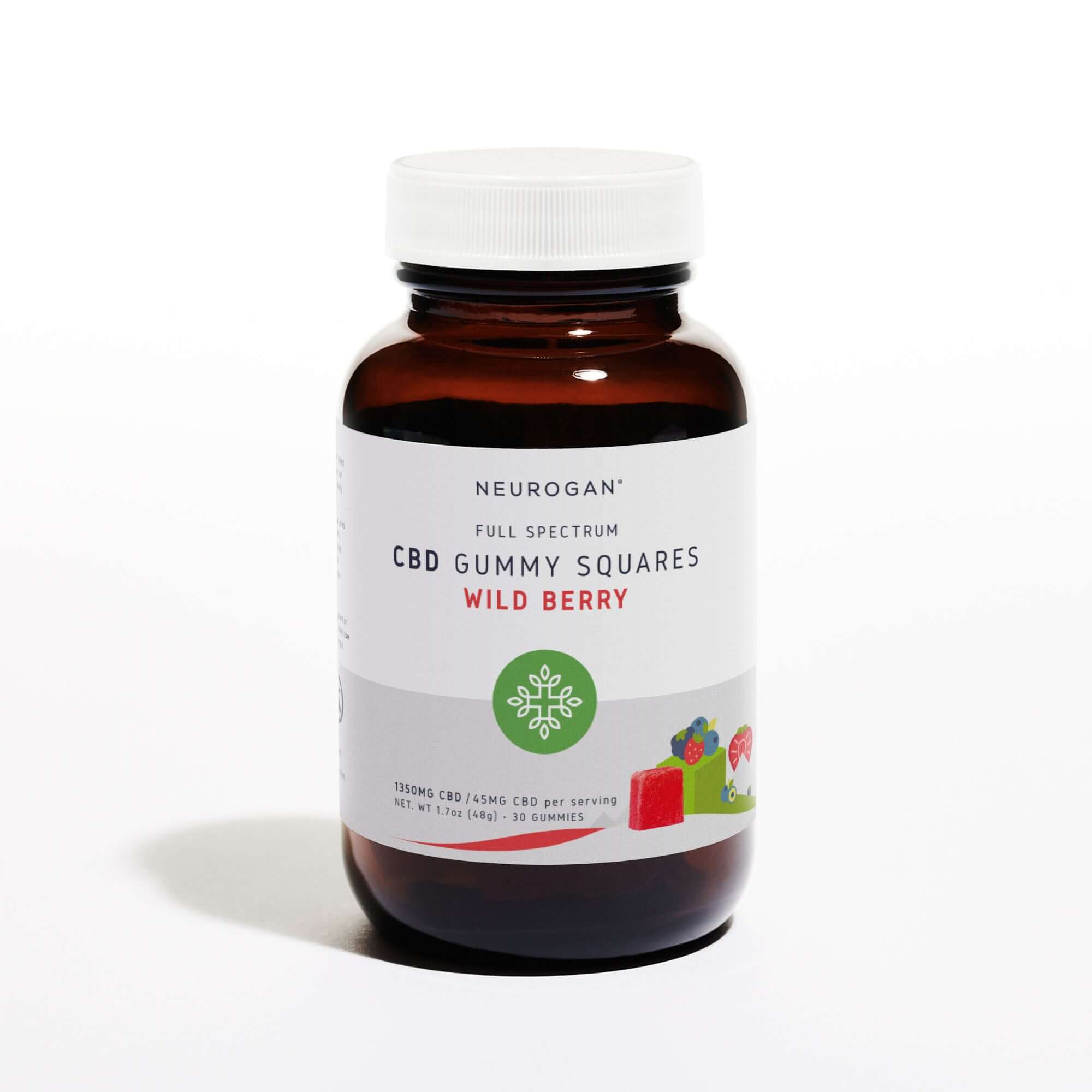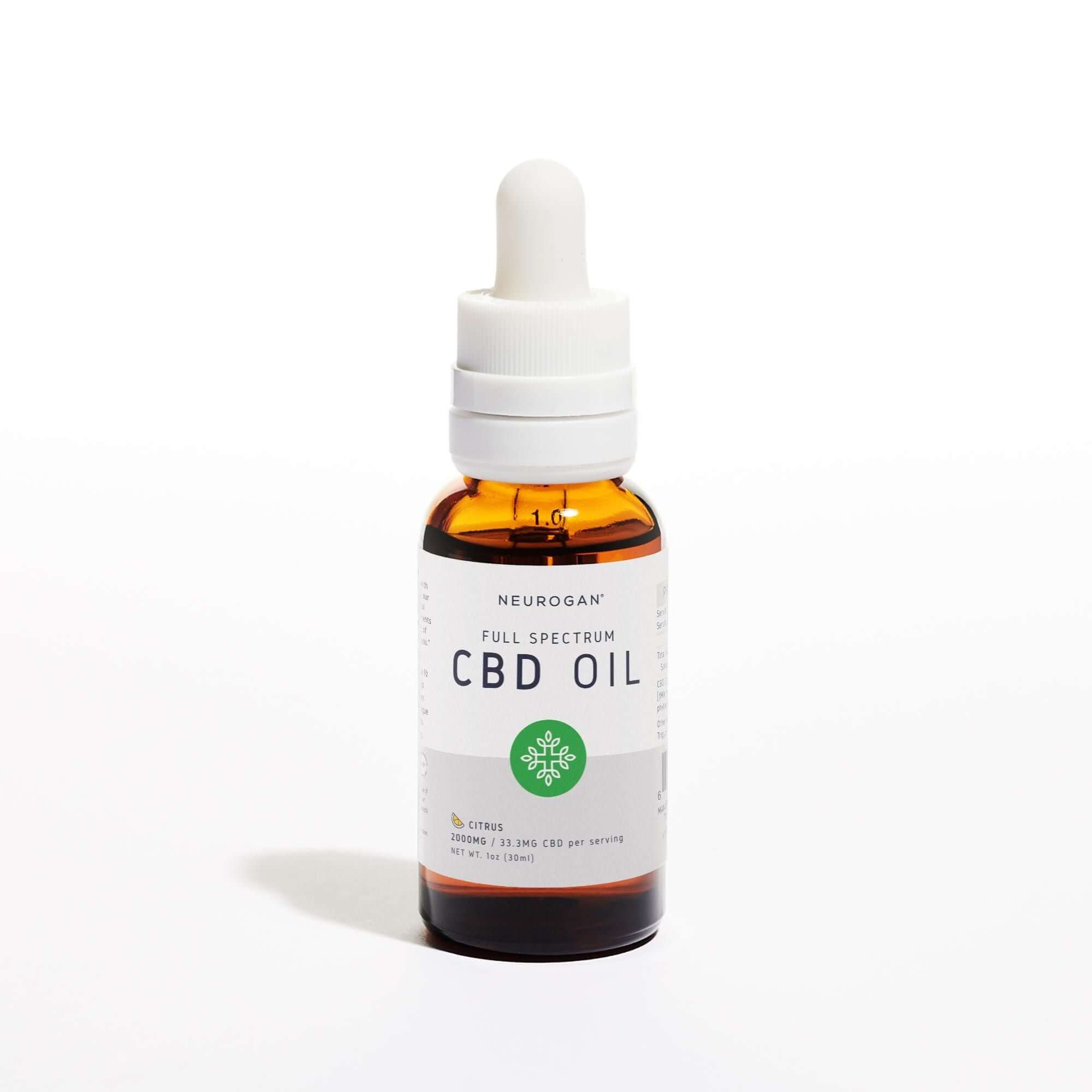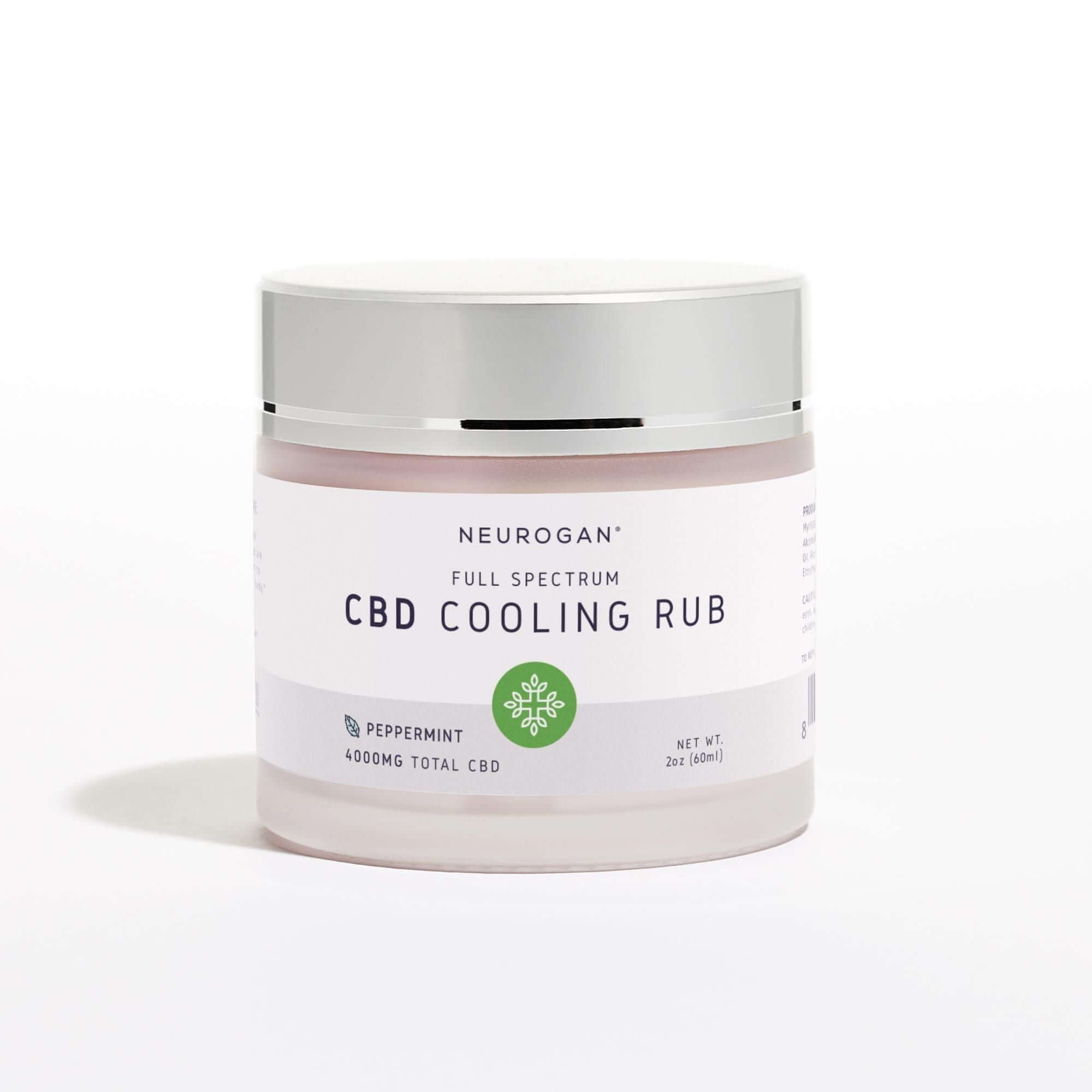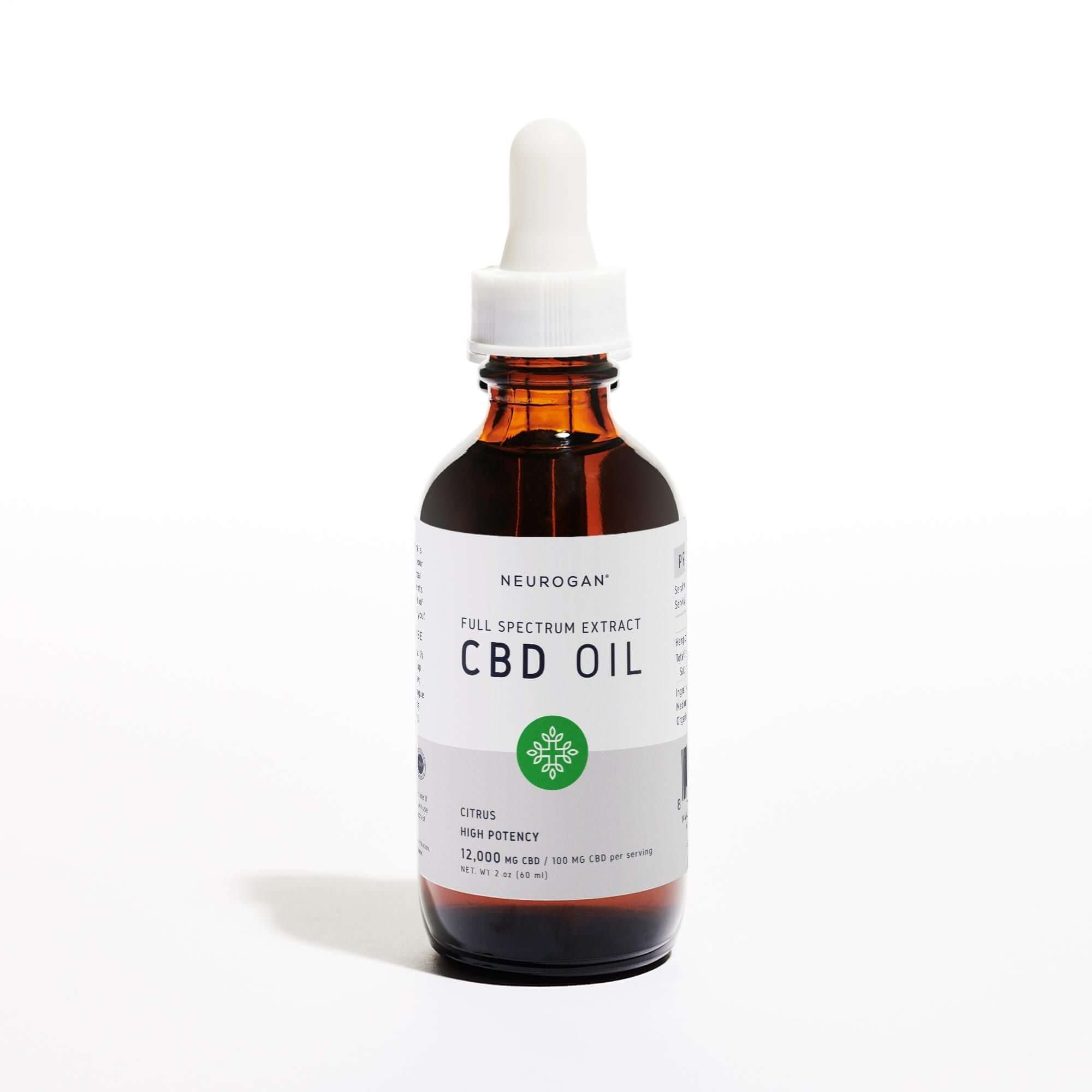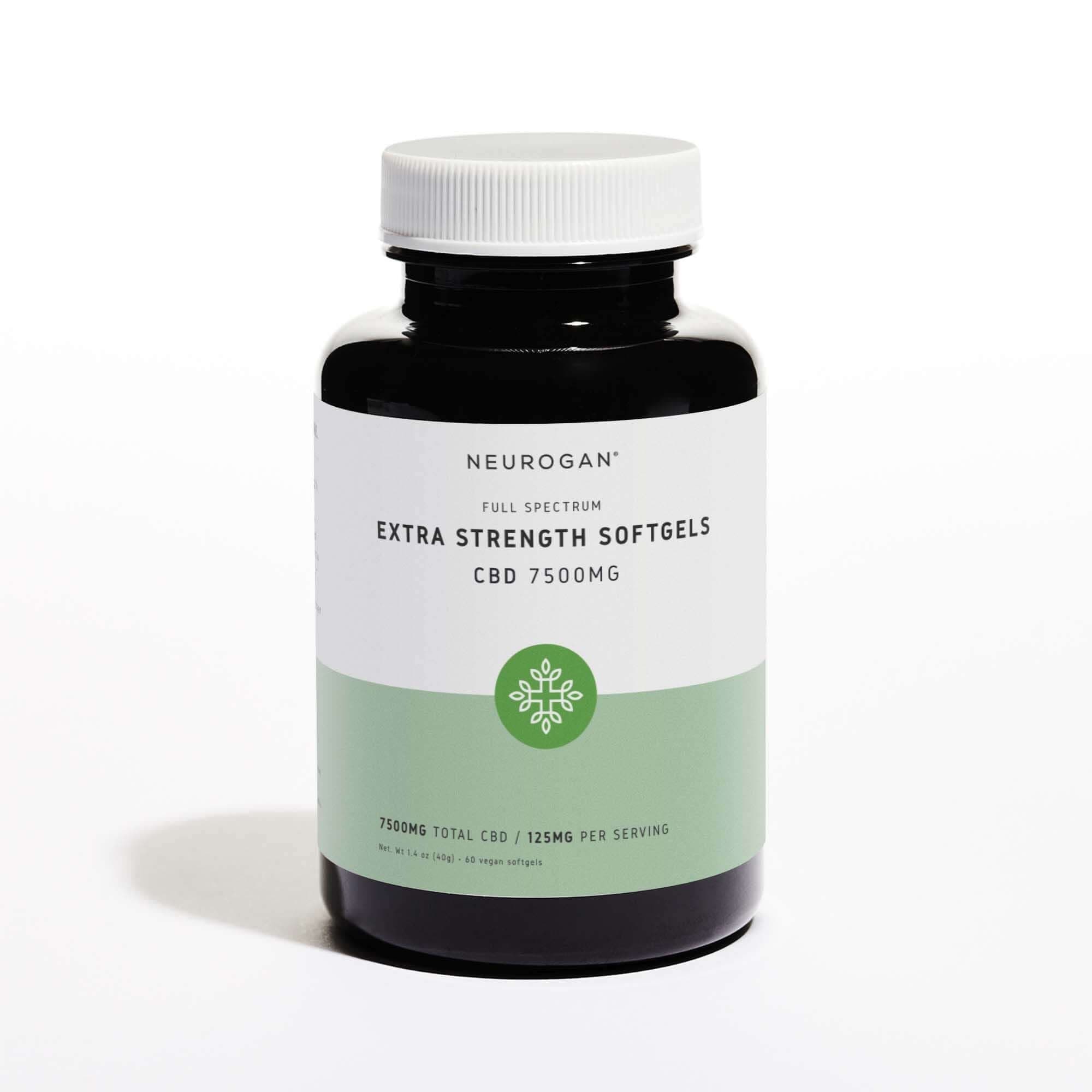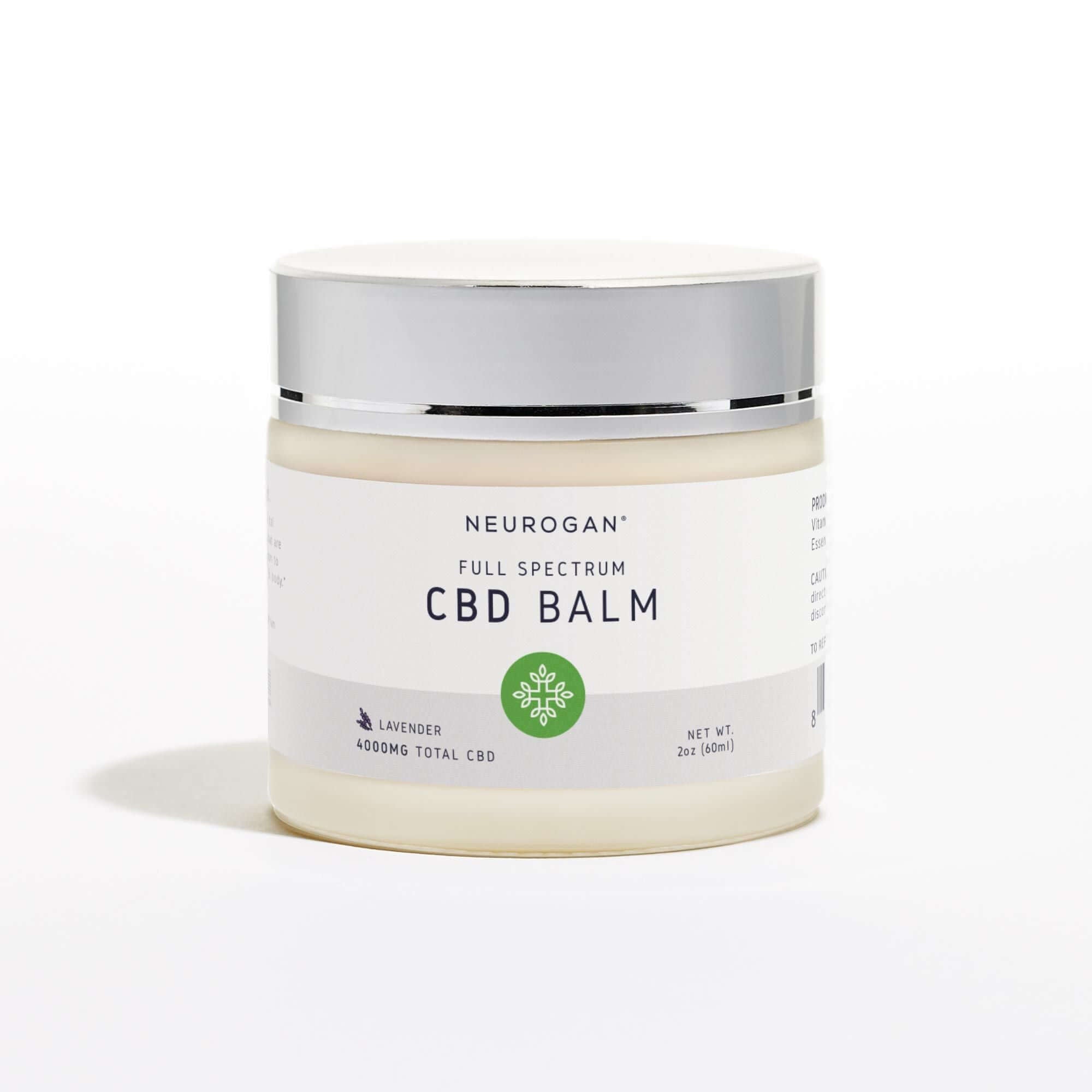Imagine a world where chronic pain, anxiety, and insomnia are no longer a daily struggle. A world where a simple, natural compound can offer relief and improve overall wellness.
This may sound like a utopian dream, but it's not so far-fetched for some who have found significant improvement in their quality of life thanks to the benefits of hemp-derived CBD oil.
Initially met with skepticism, CBD is now gaining widespread acceptance and use, revolutionizing how many conscious consumers think about wellness.
More and more people are turning to CBD for its potential health benefits, from athletes to seniors.
The Food and Drug Administration (FDA) doesn't regulate products containing CBD, and the quality and purity of these products can vary widely, which is why you should purchase CBD products from a reputable source and consult with a healthcare professional before using them if you have underlying health conditions that require other medications.
In this article, we'll take a look at the research supporting CBD health benefits and how to use it.
What is CBD, And How Does It Work?
CBD stands for cannabidiol, and it's the most abundant cannabinoid found in hemp plants.
Cannabinoids, like THC and CBD, interact primarily with the body's endocannabinoid system (ECS). Most of CBD's health benefits come from its unique actions within this system.
The ECS is a complex system that is present in all mammals and plays a crucial role in maintaining balance in the body, also known as homeostasis. The ECS is composed of receptors throughout the body, including the brain and immune system, that respond to cannabinoids like CBD.
Unlike THC (tetrahydrocannabinol) — the primary cannabinoid found in marijuana plants — CBD doesn't have intoxicating effects (even at high doses), so it's much more suitable for a wider range of people looking to explore the uses of medical cannabis.
By interacting with these receptors, CBD oil helps regulate various body functions, such as pain, mood, sleep, and more. And just like a key that unlocks the door, CBD interacts with the ECS receptors to initiate the body's natural healing abilities.
Hemp-Derived CBD Products Vs. Marijuana

Hemp and marijuana are cannabis Sativa plants. The key differences lie in their cannabinoid makeup which impacts the plant's pharmacological effects on the body, legal status, and uses.
Legal Status
Hemp was removed from the controlled substances act with the 2018 Farm Bill. Hemp-derived CBD oil is legal in all 50 states, while marijuana-derived CBD is not.
This is because hemp contains less than 0.3% THC, the psychoactive compound that causes a "high," whereas marijuana can contain up to 30% THC.
Unless you have access to medical marijuana in your state or recreational is legal, hemp-based CBD oil may be your only option.
Cultivation
Hemp is grown specifically for industrial use, and its main use is for producing fibers, seeds, and CBD oil. Marijuana, on the other hand, is grown for its psychoactive properties, and its main use is for recreational or medicinal cannabis.
Effects
Because hemp-derived CBD products contain only trace amounts of THC, they won't produce the "high" commonly associated with marijuana use.
Whereas marijuana-derived CBD products can produce a "high" because they contain higher levels of THC.
Availability
Due to hemp's legal status and cultivation, hemp-derived CBD products are widely available.
In contrast, marijuana-derived CBD products are only available in states where marijuana is legal for medical or recreational use.
Now, let's get into the list of the top potential CBD health benefits.
The 6 Potential Health Benefits Of CBD
You'll find many inspiring stories of people sharing their positive experiences with CBD products to support everything from mental health, chronic pain, cancer-related pain, sleep, and so much more.
We'll outline some recent clinical trials supporting CBD's health benefits below. However, it's still important to consider that further research is needed to confirm these results in a wider population and that this article or the studies presented should not replace advice from your doctor.
Now let's get into it.
1. Pain-Relieving Effects

While hemp-derived CBD products aren't FDA-approved for this use, many people turn to topical CBD and oral CBD like gummies to manage pain.
It's thought that CBD's ability to bind to CB1 receptors in the brain and central nervous system can help to reduce pain perception by decreasing the release of pain-inducing neurotransmitters, such as glutamate and substance P, and increasing the release of pain-reducing neurotransmitters [1].
Another key benefit of CBD is its anti-inflammatory properties, which may also contribute to its pain management [2].
How does it do this? To get a little bit technical...
CBD can inhibit the activity of inflammatory enzymes, which produce inflammatory responses such as pain, swelling, redness, and irritation [3].
By inhibiting the activity of these enzymes, topical CBD products such as CBD Balm help reduce inflammation and chronic pain. Additionally, some users even use CBD oil for tooth pain since CBD may help with inflammation and provide relief.
2. Anxiety Related Disorders & Stress

Another popular reason people turn to THC and CBD is to help with stress.
CBD has been investigated for its potential to alleviate symptoms of anxiety and anxiety-related disorders, such as generalized anxiety disorder (GAD), social anxiety disorder (SAD), post-traumatic stress disorder (PTSD), and other mood disorders [4].
You can find CBD in the form of CBD sublingual spray, oils, capsules, gummies, tea, and other edible goods. Make sure to check highly reviewed CBD products to get only the best CBD oil for anxiety.
A recent study has shown that CBD may be an effective tool for reducing anxiety in individuals who experience high anxiety levels during public speaking.
In this study published in the Journal of Neuropsychopharmacology, participants who took CBD before a simulated public speaking test reported a significant reduction in feelings of anxiousness and cognitive impairment levels than those who took a placebo [5].
The researchers suggest that CBD's ability to interact with the body's endocannabinoid system may be responsible for its anti-anxiety effects. This is an exciting finding, as public speaking anxiety is a common problem, and CBD could be a helpful tool for those who suffer from it.
3. Sleep Disorders
One study found that CBD may improve insomnia symptoms in people with chronic pain. The participants took CBD for a period of one month and reported improved sleep quality, as well as reduced pain and anxiety [7].
Another study conducted on healthy adults found that a single dose of CBD (25 mg) decreased the time it took to fall asleep, increased overall sleep time, and reduced the number of nighttime awakenings [8].
If more people could get a good eight hours of quality sleep each night, the world would be a better place.
Part of the endocannabinoid system's function is regulating our sleep cycles through the modulation of neurotransmitters with the CB1 and CB2 receptors [6].
While the FDA hasn't approved any CBD products for their use as a sleep-supporting treatment, many people turn to CBD oil to manage their sleep — and there is compelling research to back this CBD health benefit.
4. Neurological Disorders

As more research is conducted, the potential benefits of this compound are becoming increasingly clear. The FDA has even approved one prescription CBD treatment, Epidiolex, in light of extensive research on seizures associated with two rare and severe forms of epilepsy, Lennox-Gastaut syndrome and Dravet syndrome.
Multiple Sclerosis (MS) is a chronic, progressive neurological disorder of the nervous system that affects the brain, spinal cord, and optic nerves. Studies have suggested that CBD may be beneficial in managing symptoms associated with MS, such as muscle spasticity, pain, and sleep disorders [9].
There is still a lot of research to uncover before we can fully understand the mechanisms behind inflammatory and neuropathic pain. However, the preliminary research is promising. This can explain why many people are already turning to nonprescription CBD products to manage symptoms.
5. Cardiovascular Health

Most of the potential CBD health benefits for cardiovascular health may be due to its strong anti-inflammatory properties and anti-oxidant effects [10].
A few studies have shown that CBD may benefit cardiovascular risk factors, such as reducing blood pressure, which is a major risk factor for cardiovascular disease [11].
6. Cancer Research

CBD has been studied for its potential to alleviate cancer-related symptoms and cancer treatment, such as chemotherapy, including pain, nausea, and vomiting [12].
Additionally, CBD and THC have been found to have antiproliferative and pro-apoptotic effects on cancer cells, which means they may have the potential to inhibit the growth and spread of certain types of cancer [13].
These are exciting findings, but it's important to point out that these studies have been conducted mostly in cell culture and animal models. Cancer growth is much more complex in humans, and more research is needed in this space.
We're only mentioning the research supporting CBD's health benefits for educational purposes, but they should not be considered a substitute for treatments or advice from a medical health professional.
It's always recommended that you consult with your doctor before turning to CBD products or any blog post you find on the internet.
Risks And Considerations Before Using CBD Oil
High-quality CBD oil is considered safe for most people, as it's not physically addictive and non-toxic.
However, because the FDA doesn't approve nonprescription CBD products, they're not closely regulated, leaving much room for poor manufacturing.
Poorly made pure CBD oil can contain chemicals from pesticides, the extraction process, that can negate any benefit of CBD and potentially cause harm, so it's important to shop for CBD oil from a trusted brand with third-party lab tests to reference.
Even if you get ahold of a high-quality CBD product, it's important to be aware that it can produce some side effects, such as dizziness, dry mouth, lethargy, and an upset stomach.
Luckily, most of these negative effects can be mitigated by taking high-quality CBD oil in the appropriate doses.
If it's your first-time using hemp-derived CBD oil for its benefits, it's advised that you start with a low dose and increase gradually over the course of several days while monitoring your mood and symptoms.
The Takeaway: CBD Health Benefits

There is more to the CBD craze than first meets the eye.
CBD interacts with the endocannabinoid system to support a wide range of potential wellness benefits from pain management, sleep, stress, and much more, making it a very intriguing natural ingredient that warrants more research.
It's important to remember that not all cannabidiol extracts sold online will be safe or of good quality to produce significant effects, which is why researching CBD oil and companies is so important.
Additionally, CBD is not FDA-approved for most conditions, and its use should be discussed with a doctor before taking it if you have an underlying health condition.
FAQ
What does CBD do?
CBD, or cannabidiol, interacts with the endocannabinoid system (ECS) in the body and may provide several benefits. It has been found to potentially ease symptoms of anxiety, neurological disorders, and certain types of pain. Additionally, CBD might have positive effects on heart health issues and various other health conditions.
How long do CBD effects last?
The effects of CBD may vary depending on the individual and the method of consumption. When taken orally, such as in the form of CBD oil, the effects may take 30 minutes to 2 hours to onset and can last up to 8 hours. However, the duration of effects may be shorter when using other forms of CBD, such as vaping or topicals.
What are the side effects of CBD?
CBD is generally well-tolerated, but some people may experience side effects such as fatigue, dry mouth, changes in appetite, and diarrhea. Additionally, CBD may interact with certain medications, so it's important to consult with a healthcare provider before using CBD if you are taking other medications.
Can CBD oil be used for pain relief?
CBD oil has been found to be an effective pain reliever for various chronic conditions. Studies have shown that CBD, often alongside THC, can provide benefits for pain relief. Its analgesic properties make it a potential option for individuals seeking alternative pain management strategies.
References:
-
Hallak, J. E., Dursun, S. M., Bosi, D. C., de Macedo, L. R. H., Machado-de-Sousa, J. P., Abrão, J., ... & Zuardi, A. W. (2011). The interplay of cannabinoid and NMDA glutamate receptor systems in humans: preliminary evidence of interactive effects of cannabidiol and ketamine in healthy human subjects. Progress in Neuro-Psychopharmacology and Biological Psychiatry, 35(1), 198-202.
-
Mlost, J., Bryk, M., & Starowicz, K. (2020). Cannabidiol for pain treatment: focus on pharmacology and mechanism of action. International journal of molecular sciences, 21(22), 8870.
-
Burstein, S. (2015). Cannabidiol (CBD) and its analogs: a review of their effects on inflammation. Bioorganic & medicinal chemistry, 23(7), 1377-1385.
-
Blessing, E. M., Steenkamp, M. M., Manzanares, J., & Marmar, C. R. (2015). Cannabidiol as a potential treatment for anxiety disorders. Neurotherapeutics, 12(4), 825-836.
-
Bergamaschi, M. M., Queiroz, R. H. C., Chagas, M. H. N., De Oliveira, D. C. G., De Martinis, B. S., Kapczinski, F., ... & Crippa, J. A. S. (2011). Cannabidiol reduces the anxiety induced by simulated public speaking in treatment-naive social phobia patients. Neuropsychopharmacology, 36(6), 1219-1226.
-
Murillo-Rodríguez, E., Poot-Ake, A., Arias-Carrión, O., Pacheco-Pantoja, E., de la Fuente-Ortegón, A., & Arankowsky-Sandoval, G. (2011). The emerging role of the endocannabinoid system in the sleep-wake cycle modulation. Central Nervous System Agents in Medicinal Chemistry (Formerly Current Medicinal Chemistry-Central Nervous System Agents), 11(3), 189-196.
-
Chagas, M. H., Eckeli, A. L., Zuardi, A. W., Pena‐Pereira, M. A., Sobreira‐Neto, M. A., Sobreira, E. T., ... & Crippa, J. A. D. S. (2014). Cannabidiol can improve complex sleep‐related behaviours associated with rapid eye movement sleep behaviour disorder in Parkinson's disease patients: a case series. Journal of clinical pharmacy and therapeutics, 39(5), 564-566.
-
Zuardi, A. W., de Souza Crippa, J. A., Hallak, J. E. C., Campos, A. C. D., & Guimarães, F. S. (2017). The anxiolytic effects of Cannabidiol (CBD). In Handbook of cannabis and related pathologies (pp. e131-e139). Academic Press.
-
Furgiuele, A., Cosentino, M., Ferrari, M., & Marino, F. (2021). Immunomodulatory potential of cannabidiol in multiple sclerosis: A systematic review. Journal of Neuroimmune Pharmacology, 16(2), 251-269.
-
Dawidowicz, A. L., Olszowy-Tomczyk, M., & Typek, R. (2021). CBG, CBD, Δ9-THC, CBN, CBGA, CBDA and Δ9-THCA as antioxidant agents and their intervention abilities in antioxidant action. Fitoterapia, 152, 104915.
-
Kicman, A., & Toczek, M. (2020). The effects of cannabidiol, a non-intoxicating compound of cannabis, on the cardiovascular system in health and disease. International journal of molecular sciences, 21(18), 6740.
-
Johnson, J. R., Burnell-Nugent, M., Lossignol, D., Ganae-Motan, E. D., Potts, R., & Fallon, M. T. (2010). Multicenter, double-blind, randomized, placebo-controlled, parallel-group study of the efficacy, safety, and tolerability of THC: CBD extract and THC extract in patients with intractable cancer-related pain. Journal of pain and symptom management, 39(2), 167-179.
-
Ligresti, A., Moriello, A. S., Starowicz, K., Matias, I., Pisanti, S., De Petrocellis, L., ... & Di Marzo, V. (2006). Antitumor activity of plant cannabinoids with emphasis on the effect of cannabidiol on human breast carcinoma. Journal of Pharmacology and Experimental Therapeutics, 318(3), 1375-1387.









